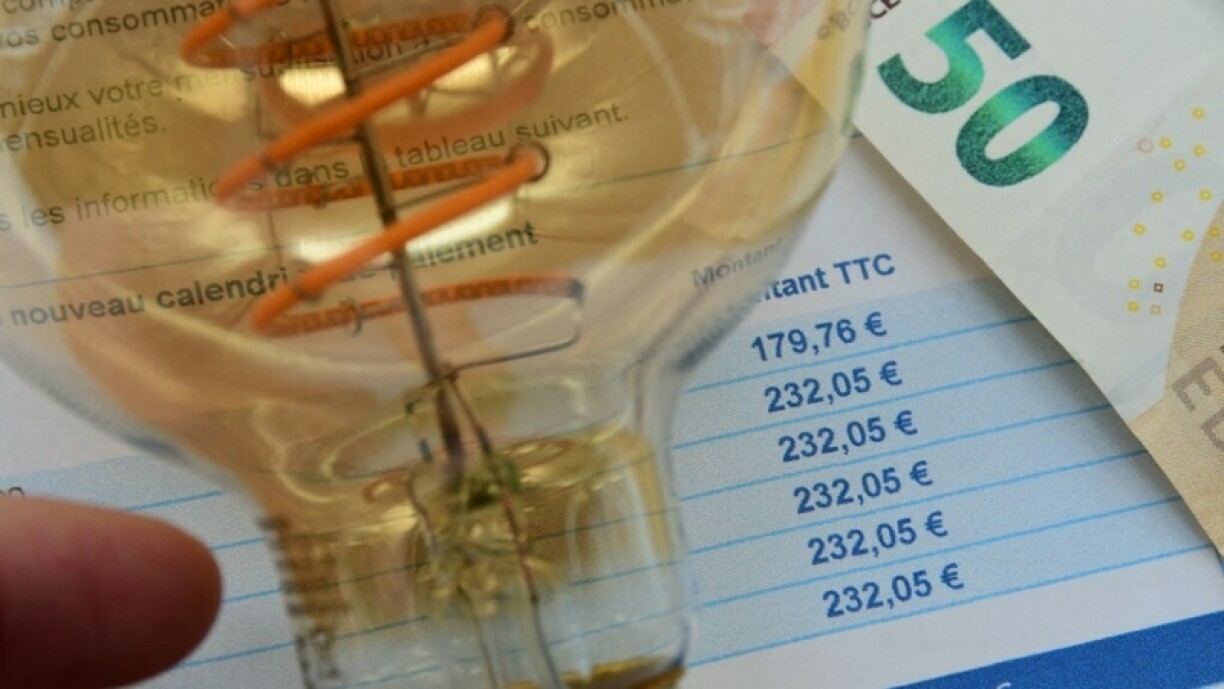
Starting 1 January, electricity prices in Luxembourg will see a substantial increase of approximately 30%. This was confirmed by Claude Seywert, CEO of Encevo, the country’s largest energy provider, which operates along the entire energy value chain, in an interview with RTL.
Seywert highlighted that, thanks to a state-imposed energy cap, Luxembourg has been shielded from more drastic price hikes seen worldwide. For instance, the current average annual electricity bill of around €850 per household would have been at least €1,440 without this cap, a price that some households in some neighboring countries have to pay.

The projected 30% increase translates to an additional €250-€300 annually for a typical four-person household. Seywert pointed out that the wholesale price per megawatt hour is around €90, showing a slight downward trend. He also noted that the profit margin for Encevo will amount to only “a few cents” per unit sold which can also be observed in the company’s annual balance sheet: “we achieved a turnover of 5 billion euros for a profit of only 100 million”, explains Claude Seywert.
Electricity bills in Luxembourg are made up of multiple components, with the electricity price itself as the largest factor. Taxes and grid usage fees also add to the cost, with the latter making up about a third of the average bill. A new pricing model for electricity grid usage is on the horizon, with the Luxembourg regulatory body ILR actively involved in its development.
Encevo’s CEO, Claude Seywert, explained that these new tariffs are designed to encourage consumers to distribute their electricity usage more evenly across the day. “If I manage to spread my electricity more or less throughout the day, then I will pay less. That’s the most important message to convey,” he noted, adding that those with investments in solar panels or electric vehicles won’t be penalised, as the focus remains on promoting decarbonisation.
While specific details of the added costs for consumers who don’t adjust their usage patterns are still being worked out by ILR, Seywert suggested that the impact would be minimal for most households: “For 80% of households, prices are not going to change, and they could even go down.” Some initial simulations by network operators, however, indicate a slight increase in bills for a minority of consumers.
For other households, simulations by network operators suggest that the new tariff system could lead to a slight increase in electricity bills.